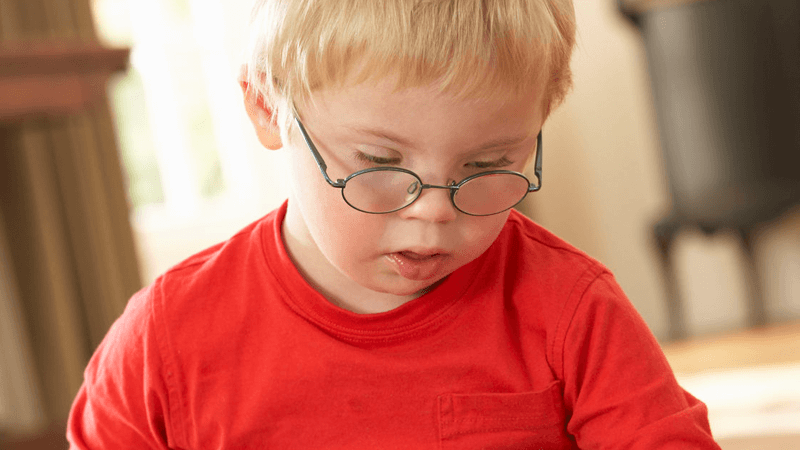A new blood test which reveals the sex of a baby after nine weeks should be restricted to avoid an increase in abortions, a leading bioethics body has said.
The technique known as Non-Invasive Prenatal Testing (NIPT), is used for screening unborn babies for Down’s syndrome and claims to be 99 per cent accurate.
The Nuffield Council on Bioethics (NCB) has warned that the test could encourage ‘sex-selection tourists’ – people travelling to the UK who have a preference for sons over daughters.
Sex-selective abortion
Last November, the Government confirmed that NIPT will be made available on the NHS from 2018, despite strong opposition from campaigners.
Professor Tom Shakespeare, Chairman of NCB’s working group on NIPT, said: “Abortions on the basis of sex appear to be rare in Britain.”
But he believes that “this could change” with the new blood test which “allows the baby’s sex to be revealed to prospective parents much earlier than the standard 18-20 week scan”.
‘Image of God’
Professor Shakespeare said that “some women are under strong pressure to give birth to boys” and that “the use of NIPT to determine sex at an early stage of pregnancy could be abused by those who put pressure on women to abort female babies”.
“If left unchecked, use of this technique to determine sex could lead to an increase in sex-selective abortions here, and to Britain becoming a destination for them”, he added.
Head of Communications at The Christian Institute Ciarán Kelly has said that NIPT “has its roots in the idea that some people’s lives have no value”.
“All human beings are made in the image of God and have a special, intrinsic, value regardless of how young, or how old, able bodied or disabled that life might be”.
‘Very disappointed’
Don’t Screen Us Out led a campaign against NIPT.
Lynn Murray said it was “very disappointed” that NIPT was approved “without consultation with the very group that this is going to have the biggest impact on, people with Down’s syndrome and their families”.
Murray added that the rollout is projected to result “in an increase in the number of children with Down’s syndrome screened out”.
Currently it is legal in Great Britain to abort unborn children up to 24 weeks, or up to birth if doctors believe the baby will be born with a disability.
Rejected
In 2015, MPs rejected the opportunity to make sex-selective abortion explicitly illegal as they defeated an amendment from Fiona Bruce.
Powerful accounts of the abuse some women face were raised, as well as concerns that objections to the amendment were “flatly untrue” and “offensive”.
However MPs voted to reject Mrs Bruce’s bid by 292 to 201.

